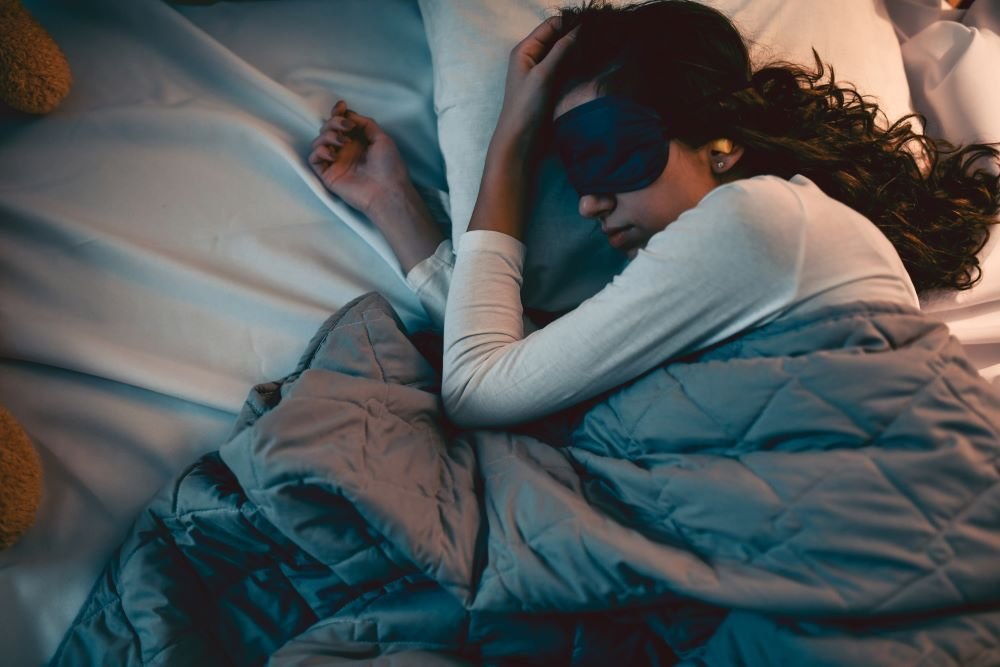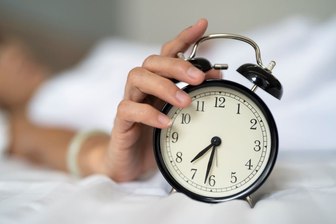In our earlier article ahead of World Sleep Day 2024: Sleep Equity for Global Health, we explored how long people across the globe sleep, as well as the proportion of residents who feel sleep-deprived.
In this piece, we explore how common it is for people in various markets to use ‘sleep hacks’ – taking deliberate measures to increase their sleep quality – from using aromatherapy, installing blackout curtains, to consuming sleep supplements.
What do people do to improve their sleep quality?
Latest YouGov Surveys research has found that most consumers across 17 international markets say they have taken one or more actions to improve their sleep quality – be it consuming sleep-aiding food and drink, making enhancements to their bedroom and furniture, or restricting their digital screen and nightly sleeping times.
Around nine in ten consumers of Indonesia (92%), UAE (89%), Mexico and India (both 88%) reported using one or more sleep hacks – the highest proportion among markets polled in this international study.
Meanwhile, around eight in ten consumers of Australia (84%), Canada (83%), Singapore and Hong Kong (both 81%), Britain and Denmark (both 80%), indicated this, as did over seven in ten residents of Poland (78%), Spain and France (both 77%), US and Sweden (both 76%), Germany (73%) and Italy (71%).
What are the most popular tricks people use to improve their sleep?
When asked about the sleep hacks consumers have used to improve their sleep quality, more than two in five across the 17 international markets polled say they actively manage their bedtime every night (44%), while a third say they have upgraded their mattress / pillow / bedding for better sleep (33%).
Meanwhile, around a quarter say they avoid looking at digital screens before bed (28%), have installed blackout curtains in their bedroom (25%) and consume sleep supplements or medication (24%).
Sleep-aiding supplements, food and drink: how commonly are these consumed across international markets?
YouGov Surveys research also sheds light on the market for sleep supplements/medication and food/drink with sleep-aiding properties.
Around a third of consumers in the USA (36%), Canada (34%) and Australia (33%) say they consume sleep supplements or medication (e.g. melatonin, magnesium or prescribed sleeping pills) for better sleep – the three markets with the highest proportion in our international survey.
Among European markets polled, Spain (28%) leads with just under three in ten, followed by Sweden (25%) and Poland (25%) where a quarter say the same.
Among Asian markets, Hong Kong (22%) leads at one in five consumers, well ahead of Singapore (15%), India (13%) and Indonesia (10%) – who are also the markets where consumers are least likely to consume sleep supplements/medication.
But when it comes to consuming food/drink with sleep-aiding properties (e.g. chamomile/gingko biloba tea, etc.), Hong Kong (24%) and Indonesia (22%) boast the largest proportion of such consumers.
Spain (21%) is again the top European market – ahead of France (18%), Britain and Poland (both 17%) – while Mexico (21%) leads in the Americas – ahead of Canada (19%) and the USA (15%).
Among the markets polled, Germany (11%), Denmark and Sweden (both 13%) have the lowest proportion of consumers who consume food/drinks with sleep-aiding properties.
Blackout curtains and aromatherapy: how popular are such bedroom enhancements for better sleep?
Almost two in five Hong Kong consumers (39%) say they have installed blackout curtains to increase their sleep quality – the highest proportion among the 17 markets polled in this study.
Over a third of consumers in Denmark, Sweden (both 36%) and Britain (34%) have also done so, ahead of Mexico and Canada (both 31%).
On the other hand, less than a fifth of consumers in France (19%), Indonesia (16%), Spain (13%) and Italy (5%) have done so – and are possibly growth markets for suppliers of such window blinds.
When it comes to the use of relaxing scents for better sleep, about a fifth of consumers in Indonesia (20%), Britain and Hong Kong (both 19%) say they have used aromatherapy for better sleep.
Mexico, Australia and Singapore (all 16%) are the next three markets with the highest proportion of consumers who bathe their bedrooms with soporific scents.
On the other hand, less than one in ten consumers in Germany, France and India (all 9%), Spain (8%), Poland (7%), Sweden (6%), Italy (5%) and Denmark (4%) have used aromatherapy to get a better snooze.
Upgraded mattresses and noise-cancelling buds: do most people invest in such sleep gear?
Across the 17 international markets polled, consumers in Britain are most likely to have upgraded their mattress, pillow or bedding for better sleep, with over two in five indicating so (41%).
Australia (39%), Germany (38%) and Canada (37%) have the next largest proportion of bedding upgraders, ahead of the USA (35%), France and Denmark (both 34%).
On the other hand, just a quarter of consumers in Spain and Mexico (both 25%) say they have replaced their mattress, pillow or bedding with a higher quality one for a better snooze.
About one in five Hong Kong consumers (21%) say they use ear plugs/buds to sleep better, the highest among the 17 markets polled in this survey, followed by Sweden (18%), Britain and Australia (both 15%).
In contrast, usage of ear plugs/buds for a better snooze is much rarer in Poland, USA, Indonesia (all 9%), Mexico, Singapore (both 8%) and Italy (6%).
Managing screen and sleep time: how common are such lifestyle habits for better sleep?
When it comes to adhering to supposed good sleep hygiene practices, such as not looking at digital screens before bed and going to bed at the same time every night, India and Indonesia came out tops among the 17 markets we polled in this study.
More than two in five consumers in India (44%) say they avoid looking at digital screens before bed, ahead of Indonesia (38%) and the UAE (37%).
On the other hand, less than a quarter of consumers in Denmark, Poland (both 23%), Sweden (22%), Italy (19%), USA (18%) and Germany (16%) restrict their screen time before bed.
More than half of consumers in Indonesia (52%) and India (51%) say they go to bed at the same time every night, ahead of Hong Kong (46%) and the UAE (45%).
In contrast, consumers in Sweden (33%), France, Italy (both 31%) and Germany (31%) were least likely to maintain a regular bedtime.
This article is part of our two-part 2024 Global Sleep Trends study. Explore the full series below:
➤ Part 1 – How long do most people sleep globally – and which regions feel most sleep deprived?
➤ Part 2 – What are the top sleep hacks people around the world use to get better rest?
Methodology: YouGov Surveys: Serviced provides quick survey results from nationally representative or targeted audiences in multiple markets. The data is based on surveys of adults aged 18+ years in 17 markets with sample sizes varying between 510 and 2,044 for each market. All surveys were conducted online during December 2023. Data from each market uses a nationally representative sample apart from Mexico and India, which use urban representative samples, and Indonesia and Hong Kong, which use online representative samples. Learn more about YouGov Surveys: Serviced.
Cover photo by AleksandarGeorgiev











